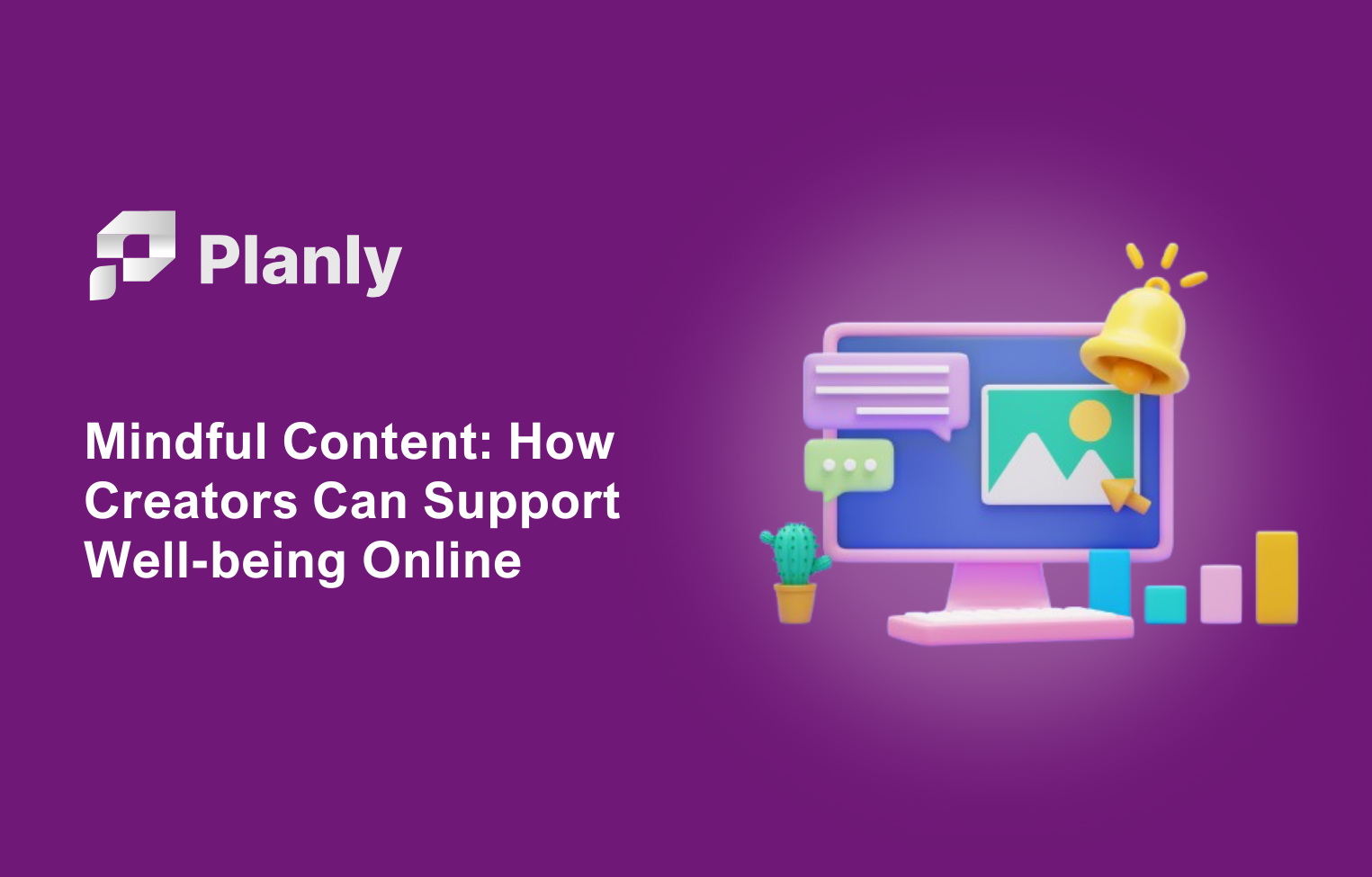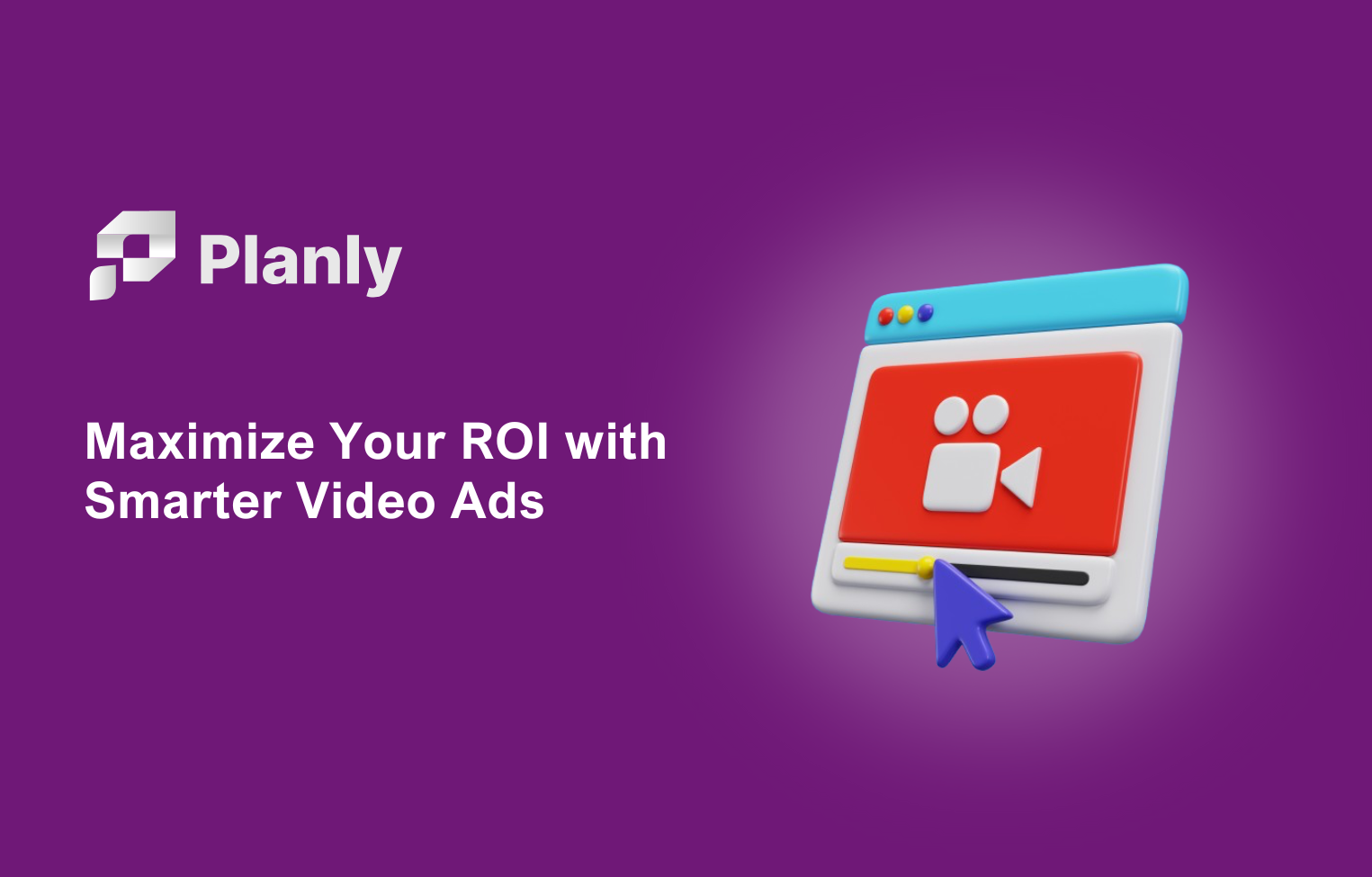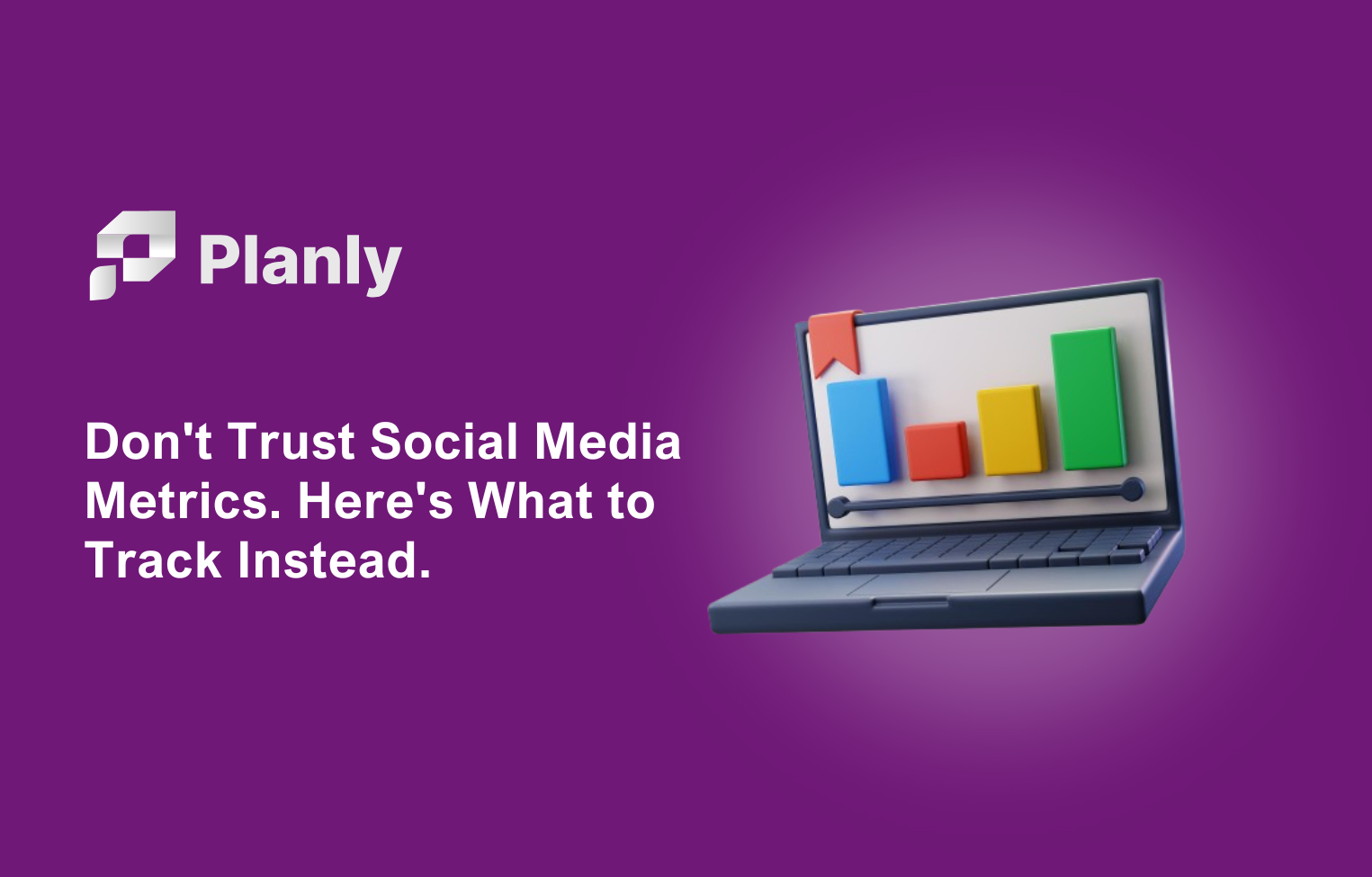The continuously changing field of digital marketing offers a world of opportunity to the businesses that inhabit it. For these enterprises, keeping current with the field's latest developments is a make-or-break necessity. But what even is "digital marketing"? The term refers to all marketing efforts that use an electronic device or the internet.
This year, the digital marketing world will take shape around a few key trends. Once you understand them, you can easily make them work for you. There's no question that many companies, regardless of their size or the sector in which they operate, will be affected by these developments. Even if you don't have a budget that allows you to play with all the digital bells and whistles, you can still achieve good results using these underlying marketing principles. At the end of the day, after all, it's about engaging audiences and converting them to your way of thinking.
So, grab your favourite beverage, sit back, and let's explore these exciting trends together. Ready? Let's dive in!
Voice Search Optimization
Now let's discuss voice search optimization. This is becoming a major factor in the digital marketing world and is creating some "shake-ups" in how things were previously done. If you've ever used Siri, Alexa, or Google Assistant to search for information online, you've already seen the power of voice search. Voice search is on the rise and becoming the preferred method of many digital citizens. And as a marketer, you must be optimizing your content for voice search if you want to stay ahead of the game. Here are a few strategies to keep in mind as you do this.
1.Grasp Natural Language: The way people use voice search is more like real conversational speech, with the kinds of long-tail keywords and phrases that wouldn't be used in a text-based search. To optimize for voice search, focus on these kinds of keywords and phrases, and don't forget the local angle; many voice searches have local intent.
2. Ensure Featured Snippet Optimization: Voice assistants frequently extract information from featured snippets to respond to user inquiries. What this means for you is that your content needs to be structured with an eye toward not just search engine optimization, but also toward being featured as a snippet. To better understand the working conditions that voice engines work under, it's beneficial to first look at how humans respond when we're asked a direct question.
3. Local SEO: Countless voice inquiries are tied directly to users' locations. Thus, making your content locally searchable is a must. Your business name, address, and phone number need to be uniform on all online platforms. This allows virtual assistants to serve up your business information accurately when users in your vicinity make a request.
4. Optimize for Mobile: The bulk of voice searches happen on mobile devices. Consequently, if your site isn't mobile-friendly, you're likely to miss out on a prime segment of the voice search user market. You can enhance your site's mobile-friendliness by adopting a responsive site design, which ensures that your website can adapt to any size screen.
5. Work on Your Conversational Content: When people speak into voice search, they are using a query that they expect a prompt answer to. And for this reason, it's nearly universally accepted—Google recommends it, for instance—that to optimize for voice search, you should create content that answers the kinds of questions people are asking. The thing is, though, even if we know what kind of content to create, we don't know what kind of content to create it in—that is, what form the content should take.
Understanding Personalization
Personalization involves tailoring products, services, and marketing messages to the specific needs and preferences of individual customers. This could include recommending products based on past purchase history, sending personalized emails, or customizing website content based on a user's browsing behavior.
Importance of AI
AI is vitally important for making mass personalization possible. Algorithms can handle huge amounts of data, and that's what AI does best. It's not just that it can deal with lots of data but also that it does so in parallel, with different parts of the algorithm focusing on different aspects of the data. And businesses happen to have lots of data to work with—actual and potential customers generate massive amounts of it every day. When businesses are looking for ways to efficiently manage and analyze their data, they might consider exploring AWS Glue alternatives for enhanced data processing capabilities.
Personalization and AI are revolutionizing the way businesses interact with their customers. By harnessing the power of artificial intelligence, companies can create personalized experiences that cater to the unique preferences of each individual consumer.
Advantages of Personalization and AI
Better Customer Experience: When a brand uses the data it collects about its customers to offer them a more or less tailored experience, that brand is making its customers feel special. In turn, this encourages them to be brand loyal.
Higher Conversion Rates: When a brand offers its customers a personalized recommendation, chances are that these customers will act on that recommendation and, therefore, complete a purchase.
Advice for Executing Personalization and AI
To harness the power of AI and personalization, marketers must take certain foundational steps
Collecting ample data, for instance, and employing predictive analytics to better understand customer behaviour. They must also be ready to personalize at scale, which requires segmenting audiences and creating distinct, targeted experiences. Finally, marketers must adopt a growth mindset, continuously testing and optimizing for better results.
By incorporating personalization and AI into your marketing strategy, you can create more meaningful and engaging experiences for your customers, ultimately driving greater loyalty and revenue for your business.
Video Marketing
In today's digital age, video content has become one of the most powerful tools for brands to connect with their audience and drive engagement. From short clips on social media to longer, more detailed videos on websites, video marketing is a versatile and effective way to tell your brand's story.
Why Video Marketing?
To start with, let's discuss the significance of video marketing. Studies show that users interact with video content far more than they do with mere text or images. Humans are very visual, and we are attracted to the moving picture. More than that, though, we are attracted to the emotionally charged moving picture. Science tells us that if a person is going to remember something, then it is much more likely they will remember it if it is associated with strong emotions. Well, if there is anything that video is good at, it's creating strong emotions and, in the process, memories
Types of Video Content
There is a wide array of video content you can use to promote your brand. And when I say "promote," I'm not just talking about selling. I'm also talking about the use of video in public relations, advertising, or marketing—however you want to put it—that's aimed at not only getting people to buy your stuff but also to make them like your brand. Additionally, utilizing an AI voice generator can enhance your video content by providing high-quality voiceovers, making your videos more engaging and professional.
Tips for Successful Video Marketing
- Make It Brief and Pleasant: Today's world is so quick that it seems our attention spans are barely hanging on. Concentrate hard, it’s asking—and this from a messenger who doesn’t keep it short and sweet, either. Anyway, the little gambit above is a way to say that we usually want our videos to be clear and brief, with a pleasant aftertaste.
- Emphasizing Quality: Pour your resources into securing high-quality equipment and top-of-the-line editing software to ensure that your productions have the semblance of professionalism and the semblance of finish. High-quality videos boost your brand's image.
- Optimize for SEO: Ensure your video content is SEO-friendly by using relevant keywords in its titles, descriptions, and tags. Visibility and traffic will come if you do this.
- Channel promotion: Disseminate your videos across various platforms to engage and entice an audience. You can push the content through the most effective social channels for your specific audience, your website, and as an enticement in email newsletters.
Measuring Success
Once you've created and shared your video content, it's essential to track and measure its performance. Pay attention to metrics like views, engagement, and click-through rates to gauge the effectiveness of your videos. Use this data to refine your video marketing strategy and create even more impactful content in the future.
So, whether you're just starting out with video marketing or looking to enhance your existing strategy, remember that the key to success lies in creating engaging, informative, and visually appealing content that resonates with your audience. So grab your camera, get creative, and start telling your brand's story through the power of video!
Now, let's plunge into the realm of influencer marketing and see how you can use the power of social media personalities to augment your brand's visibility and, even more importantly, its credibility.
The Rise of Influencer Marketing
Influencer marketing has become a powerful tool for brands looking to connect with their target audience in a more authentic and engaging way. By partnering with influencers who have a strong following on platforms like Instagram, YouTube, and TikTok, you can tap into their loyal fan base and reach a wider audience.
One of the key benefits of influencer marketing is the ability to leverage the influencer's credibility and trust with their followers. When an influencer recommends your product or service, their audience is more likely to trust their opinion and consider trying out your offerings.
Another advantage of influencer marketing is the ability to target specific demographics and niches. By partnering with influencers who cater to your target audience, you can ensure that your message reaches the right people and resonates with them on a personal level.
Choosing the Right Influencers
When picking influencer partnerships, it is vital to take a close look at each influencer's relevance to your brand and its core values. You want to look for someone who matches not only your brand's image but also who considerably has a real interest in your products or services. You also want to ensure that the influencers you work with are authentically representing your brand when speaking to their followers. You would not want people to be promoting your brand who cannot really be considered good brand ambassadors.
Creating Compelling Content
To make the most of your influencer marketing campaigns, work closely with influencers to create compelling and authentic content that resonates with their audience. Encourage influencers to showcase your products or services in creative and engaging ways that will capture the attention of their followers.
Remember to provide influencers with clear guidelines and goals for their campaigns to ensure that they align with your brand's objectives. Collaborate with influencers to create content that educates, entertains, and inspires their followers to take action and engage with your brand.
Measuring Success
As with any marketing strategy, it's important to track and measure the success of your influencer campaigns. Monitor key performance indicators such as engagement rates, click-through rates, and conversions to evaluate the impact of your influencer partnerships.
Using Analytics for Optimization
Use analytics tools to track the performance of your campaigns and make data-driven decisions to optimize your influencer marketing efforts. By analyzing the results of your campaigns, you can identify what works well and what can be improved for future collaborations.
Understanding Data-Driven Decision Making
In today's digital world, businesses are constantly looking for ways to stay ahead of the competition and drive growth. One key strategy that has been gaining traction is data-driven decision-making. By harnessing the power of data, businesses can make more informed choices, optimize their operations, and ultimately boost their bottom line. Whether you're analyzing customer behavior or leveraging a YouTube scheduling tool to optimize your content strategy, data-driven decision-making offers a powerful way to enhance performance.
Let's dive into the world of data-driven decision-making and explore how it can benefit your business.What is Data-Driven decision-making?
Data-driven decision-making is the process of using data to guide business strategies and decisions. Instead of relying on gut feelings or intuition, businesses analyze data to identify trends, patterns, and insights that can inform their choices. This approach allows businesses to make more accurate predictions, optimize their processes, and ultimately drive better results.
The Benefits of Data-Driven Decision Making
There are numerous benefits to embracing data-driven decision-making in your business. By leveraging data, you can: - Gain valuable insights into customer behavior and preferences Identify areas for improvement and optimization; Make more accurate predictions and forecasts Measure the success of your marketing campaigns and initiatives; enhance operational efficiency and productivity
How to Implement Data-Driven Decision Making
To start incorporating data-driven decision-making into your business, you'll need to:
1. Collect Data: Begin by gathering data from various sources, such as your website, social media channels, and customer interactions.
2. Analyze Data: Use analytics tools to analyze your data and uncover key insights. Look for patterns, trends, and correlations that can inform your decisions.
3. Make data-Driven Decisions: Use the insights you've gained from your data analysis to guide your business strategies and decision-making processes. Whether it's tweaking your marketing campaigns or optimizing your operations, let data be your guide.
4. Monitor and Adjust: Continuously monitor your data and performance metrics to assess the impact of your decisions. Adjust your strategies as needed to achieve your business goals.
Expert Advice on Data-Driven Decision Making
By harnessing the power of data, businesses can gain a deeper understanding of their customers, improve their processes, and drive growth. In conclusion, data-driven decision-making is a powerful tool that can help businesses thrive in today's digital landscape. By leveraging data to inform your choices, you can make smarter decisions, optimize your operations, and ultimately achieve greater success. So, don't just rely on intuition—let data be your guide to success!
Ready to elevate your social media strategy? Join Planly today and experience the benefits of streamlined scheduling, insightful analytics, and enhanced engagement. Sign up for our 14-day free trial and discover how easy it is to manage your content across multiple platforms.









